-
Scientific papers that mention AI get a citation boost
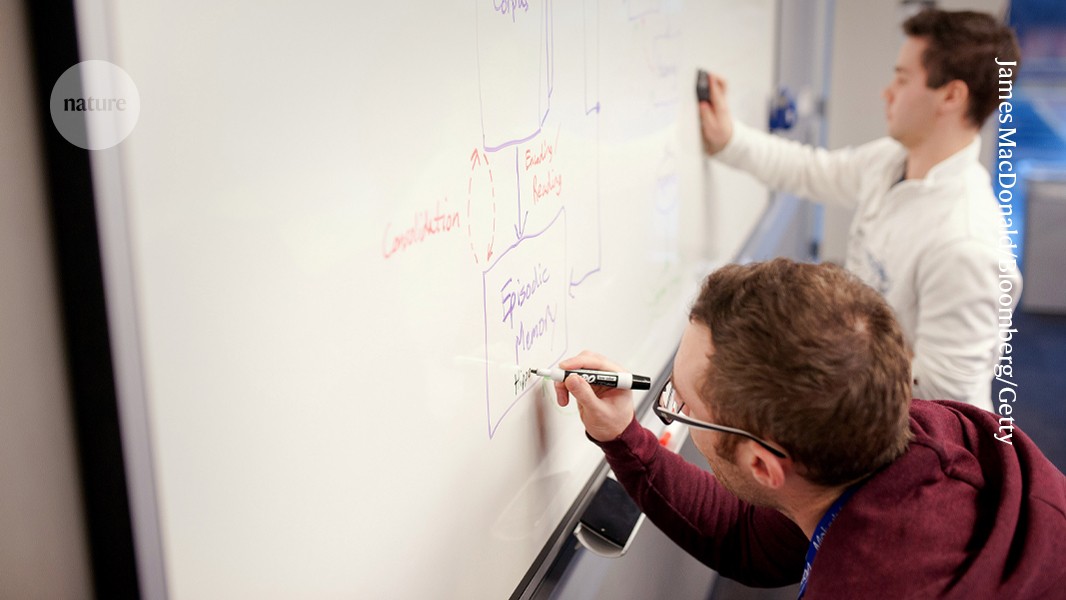
Faculty positions at the Assistant Professor level in Cancer, Cardiovascular, Metabolic Health, Brain, Mind, and Behavior. Chicago, Illinois Northwestern University Recruitment to Transform Under-Representation and achieve Equity – an NIH FIRST Award
-
Systems education can train the next generation of scientists and clinicians
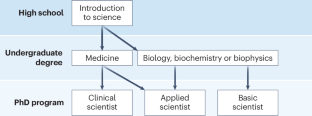
In recent years, there has been growing concern about waning interest in science, as despite advances in research and technology, fewer young people seem to be pursuing careers in these fields1. This decline can be attributed to various factors, including a lack of early engagement, inadequate integration of practical experience and insufficient alignment between educational…
-
Consistent effects of science and scientist characteristics on public trust across political regimes
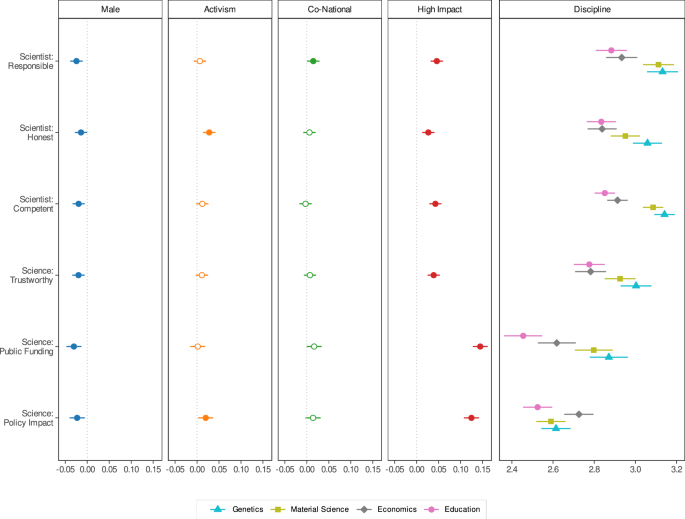
Abstract Recent years have seen an increased research interest in the determinants of public trust in science. While some argue that democracy should be the political regime most conducive to science, recent debates about salient scientific findings revealed considerable cracks in the public perception of science. We argue that existing cross-national work on trust in…
-
The decomposition of perturbation modeling
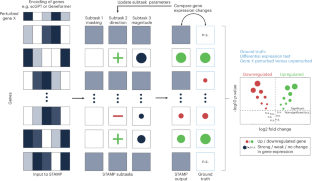
A recent study proposes a strategy for the prediction of genetic perturbation outcomes by breaking it down into three subtasks: identifying differentially expressed genes, determining expression change directions, and estimating gene expression magnitudes. This is a preview of subscription content, access via your institution Access options Access through your institution Change institution Buy or subscribe…
-
Want a new job in science? Six charts to help you land it
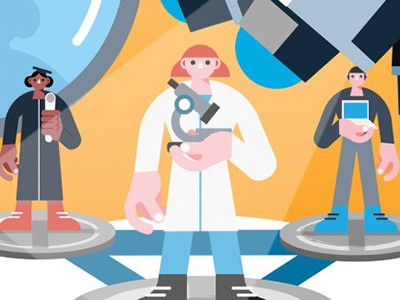
Nature’s 2024 hiring survey This article is the first in a short series discussing the results of Nature’s 2024 global survey of hiring managers in science. The survey, created in partnership with Thinks Insights & Strategy, a research consultancy in London, launched in June and was advertised on nature.com, in Springer Nature digital products and…
-
‘Doing good science is hard’: retraction of high-profile reproducibility study prompts soul-searching

A retracted paper’s backstory illustrates the challenges of the technique called preregistration.Credit: Getty The retraction of a high-profile paper1 that tested ways to improve the soundness of scientific studies has highlighted the challenges of such ‘reproducibility’ research. The retracted paper’s authors include some of the titans in the field. In the study, published in Nature…
-
‘Neural tourniquet’ controls bleeding with nerve stimulation
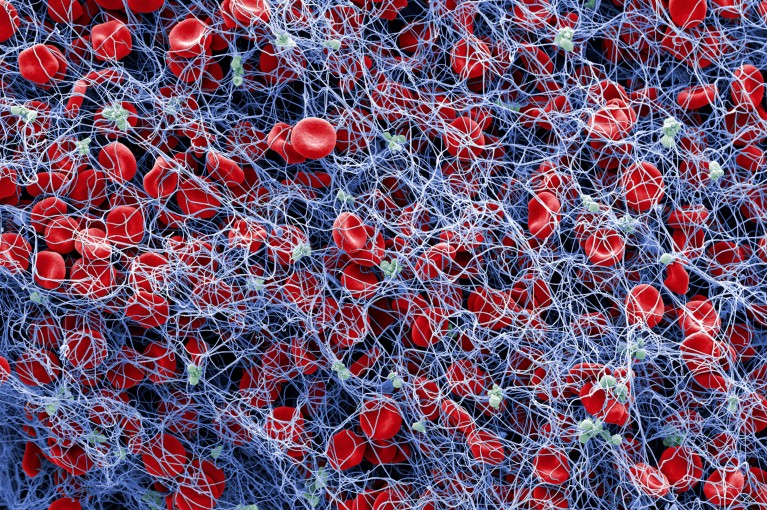
Platelets and red blood cells mingle in a blood clot (artificially coloured).Credit: Anne Weston, EM STP, The Francis Crick Institute/Science Photo Library Chicago, Illinois Forget the gauze and bandages: electrical stimulation near the ear might help to reduce bleeding. Researchers hope the technique could one day be used before surgery, childbirth and other events that…
-
Why are some countries so rich? Economics Nobel awarded for study of inequality
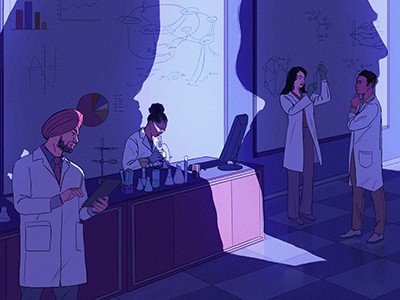
Why are some countries richer than others? The 2024 Sveriges Riksbank Prize in Economic Sciences in Memory of Alfred Nobel has been awarded to three researchers who have helped shed light on this fundamental question. The income gap between the richest and the poorest nations has been widely documented. However, Daron Acemoglu and Simon Johnson,…
-
Discover Science & Nature Programs

If programs like 3-2-1 Contact or Zoboomafoo opened your mind to how the world works around you, you’ll enjoy PBS’s contemporary offerings of all things science. Episodes of the programs below can mostly be discovered via the PBS app or pbs.org, with new episodes of many airing regularly; shows created locally by Iowa PBS are…
-
My paper was proved wrong. After a sleepless night, here’s what I did next
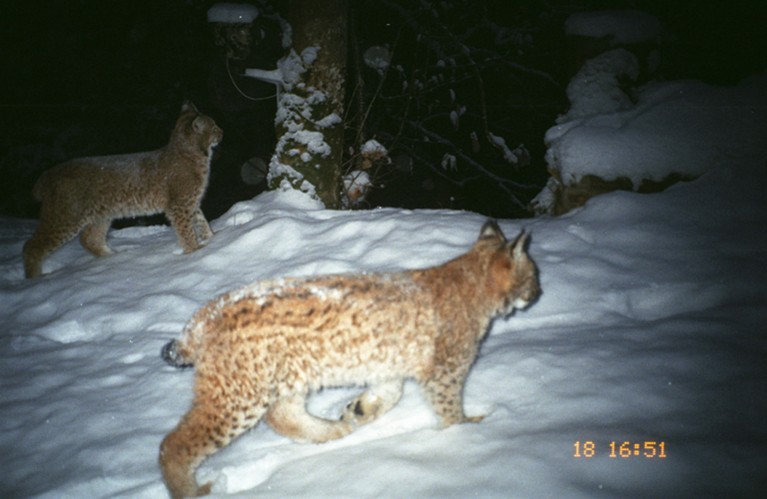
Two juvenile lynx (Lynx lynx) photographed by a camera trap. Data on individual animals can be combined with species occurrence data, but a flawed statistical model could lead to an underestimation of population size.Credit: KORA As a statistician with 20 years of experience in the field of ecology, I recently faced a challenging moment. In…